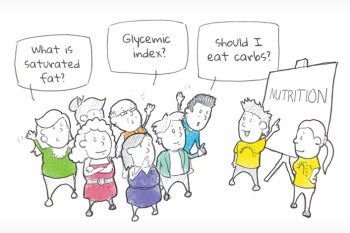
The basics of nutrition and healthy eating
We are bombarded with dietary advice from all directions. At FastDay we don’t tell you what to eat, instead we try to explain some nutritional principles so you can eat mindfully.
Nutrition, Exercise and the Science of Intermittent Fasting

We are bombarded with dietary advice from all directions. At FastDay we don’t tell you what to eat, instead we try to explain some nutritional principles so you can eat mindfully.
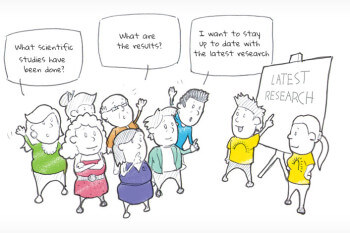
Studies using animals have shown the power of intermittent fasting to extend life and health; studies in humans are only just beginning but early results are encouraging, with improvements in weight and health markers.
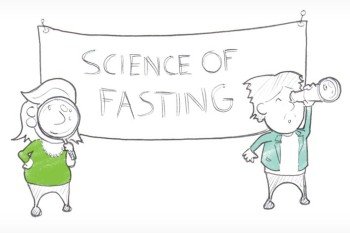
Humans have been fasting for its spiritual benefits for centuries but it is only recently that science has begun to investigate fasting as a way to improve our health.

Investigations into how best to fast are in their infancy but there are indications that, within limits, a longer period without any calorie intake may be better than spreading your calorie allowance over the day.
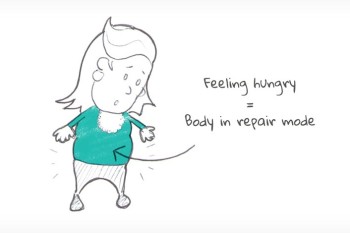
As soon as we have finished absorbing the nutrients from our last meal our body enters the fasting state during which repairs are made, we burn our fat stores and become a more efficient organism.
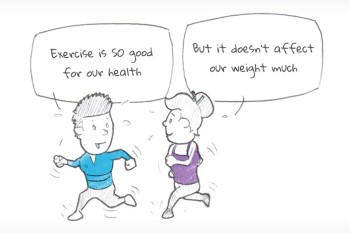
Exercise has many effects on the metabolism, including changing the fuel being used and altering metabolic pathways to make exercise easier on the next occasion.

The constant availability of high sugar, high fat food is just one of the factors driving the obesity crisis: we delve deeper.
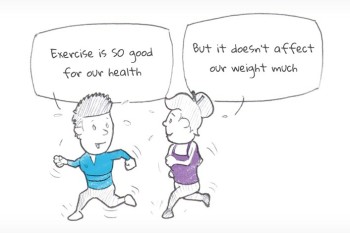
Unless they are really trying, most people maintain a fairly stable weight, gaining or losing weight very gradually. How does the body regulate our weight?

A complex system of hormones is constantly adjusting how much fat and glucose is being stored or used by the body according to whether we have eaten or are fasting.
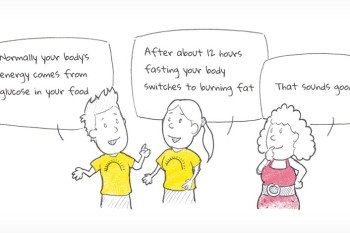
Our bodies are able to use our fat stores to supply energy during fasting. This article explains how it works.
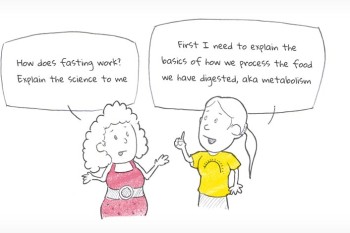
Our bodies are able to make the most of the food we eat by storing any excess calories in the form of fat which we can call on during fasting. This article explains how it works.
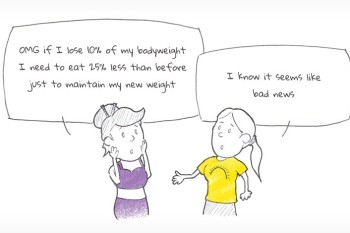
As we lose weight, our metabolism slows slightly, it takes less energy to run our bodies and food becomes more appetising. Learn how weight loss affects our metabolism.
Be healthier. Lose weight. Eat the foods you love, most of the time.

LEARN ABOUT FASTING
We've got loads of info about intermittent fasting, written in a way
which is easy to understand. Whether you're wondering about side effects or why the scales aren't budging, we've got all you need to know.
 ASK QUESTIONS & GET SUPPORT
ASK QUESTIONS & GET SUPPORT FREE 5:2 DIET PROGRESS TRACKER & BLOG
FREE 5:2 DIET PROGRESS TRACKER & BLOG